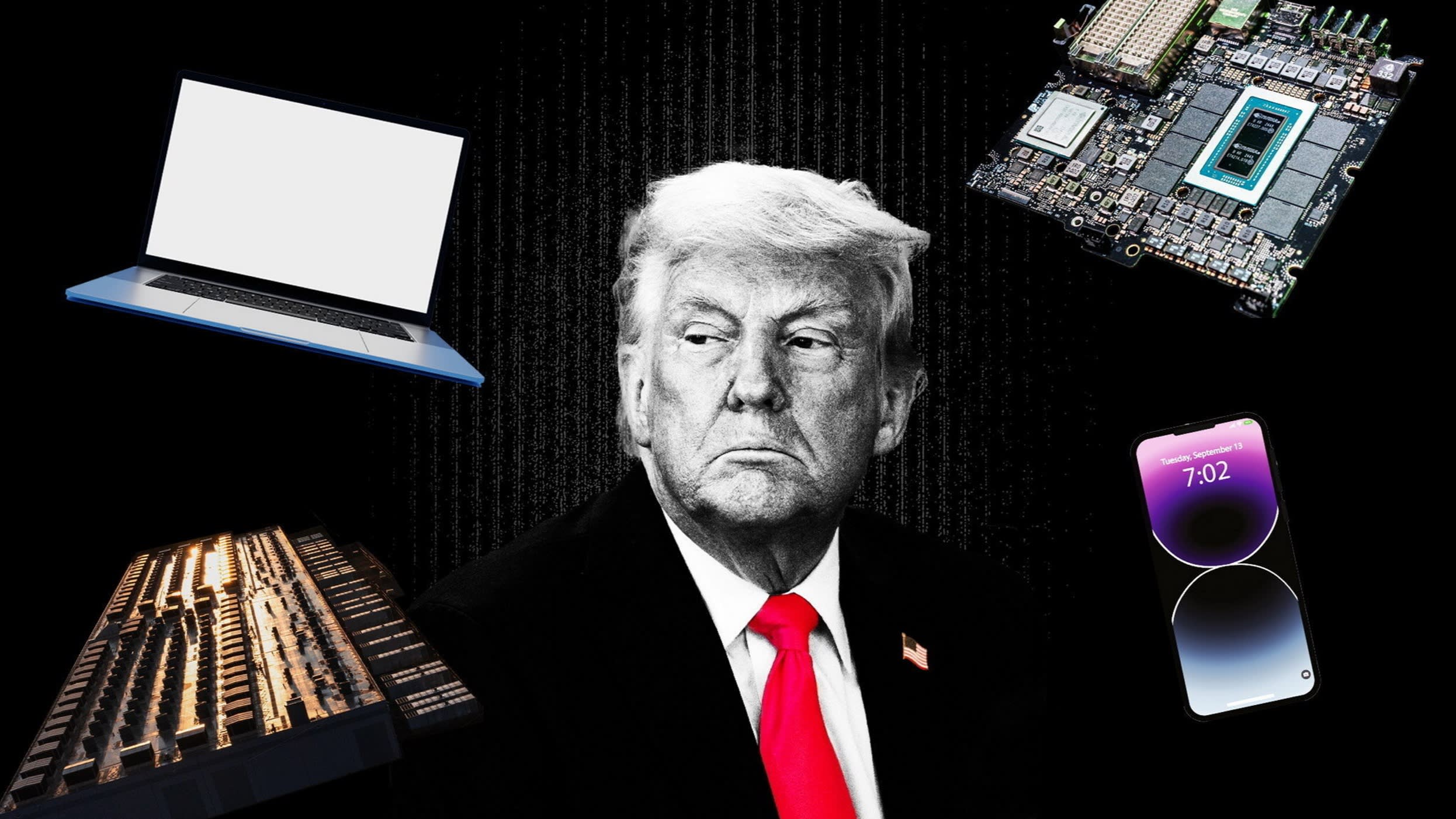Concerns in the Tech Industry Over Donald Trump’s Trade War Impacting US AI Leadership

Understanding the Impact of a Potential Trade War on AI Dominance
The Rise of Artificial Intelligence in the U.S.
Over the past decade, artificial intelligence (AI) has become a critical sector within the U.S. economy. Companies across various industries are leveraging AI to streamline operations, enhance customer experiences, and drive innovation. From healthcare to finance, AI technologies are transforming traditional practices, offering efficiency and smarter solutions.
Concerns About Trade Policies
As the global landscape evolves, trade policies play a vital role in shaping the future of technology sectors, including AI. Recent discussions surrounding trade wars, particularly involving the former President Donald Trump’s administration, have sparked significant concern among industry leaders. They fear that aggressive trade policies may hinder the U.S.’s ability to maintain its competitive edge in the AI field.
Key Concerns Among Industry Leaders:
Access to Global Talent:
- The tech industry is heavily reliant on a diverse workforce, often sourcing talent from around the globe. Restrictions on visa programs and immigration limits could impede the ability to attract skilled professionals crucial for AI development.
Innovation Stifling:
- Trade war repercussions may lead to decreased international collaboration. Partnerships between U.S. companies and foreign tech firms are vital for innovation. A hostile trade environment could disrupt these essential relationships.
Supply Chain Disruptions:
- Trade restrictions can affect the supply chain for AI hardware components, which often involve international suppliers. These disruptions may lead to increased costs and delays in product development.
- Increased Competition:
- Countries such as China are investing heavily in AI research and development. If U.S. companies face barriers, they might lose their competitive advantage to nations that encourage technological collaboration and investment.
The Importance of Global Collaboration
In the tech sector, collaboration extends beyond borders. Many AI advancements are the result of joint efforts between researchers, companies, and governments worldwide. A healthy trade environment fosters the exchange of ideas and technology:
- Research Partnerships: Enhanced cooperation in AI research can lead to breakthroughs that benefit all parties involved.
- Shared Knowledge: Learning from diverse perspectives can accelerate the development of innovative AI solutions.
Implications for Startups and Established Firms
The effects of a trade war can be particularly challenging for startups, which may lack the resources to navigate turbulent trade environments:
- Funding Challenges: Startups often rely on international investors. A trade war could diminish funding opportunities from foreign entities.
- Market Access: Emerging companies may struggle to enter foreign markets if tariffs or penalties are imposed.
However, established firms also face their own challenges, including adapting to changing regulations and maintaining international supply chains.
Conclusion: Navigating the Future of AI
The potential implications of a trade war on the U.S. AI sector are complex and multifaceted. Industry leaders advocate for policies promoting collaboration and innovation while minimizing trade barriers. Developing a careful approach that balances domestic interests with the advantages of international cooperation is crucial for maintaining the U.S.’s leading position in AI technology. Industry stakeholders must actively engage in discussions about trade policies that either enhance or hinder the growth of this transformative sector.
By fostering an environment that encourages collaboration and investment, the U.S. can strengthen its AI capabilities and continue to be a global leader in this rapidly evolving field.






